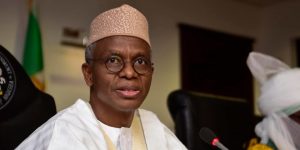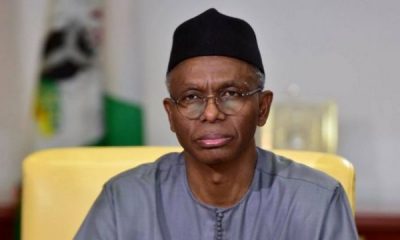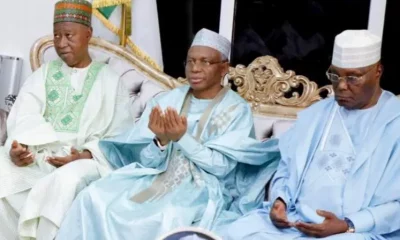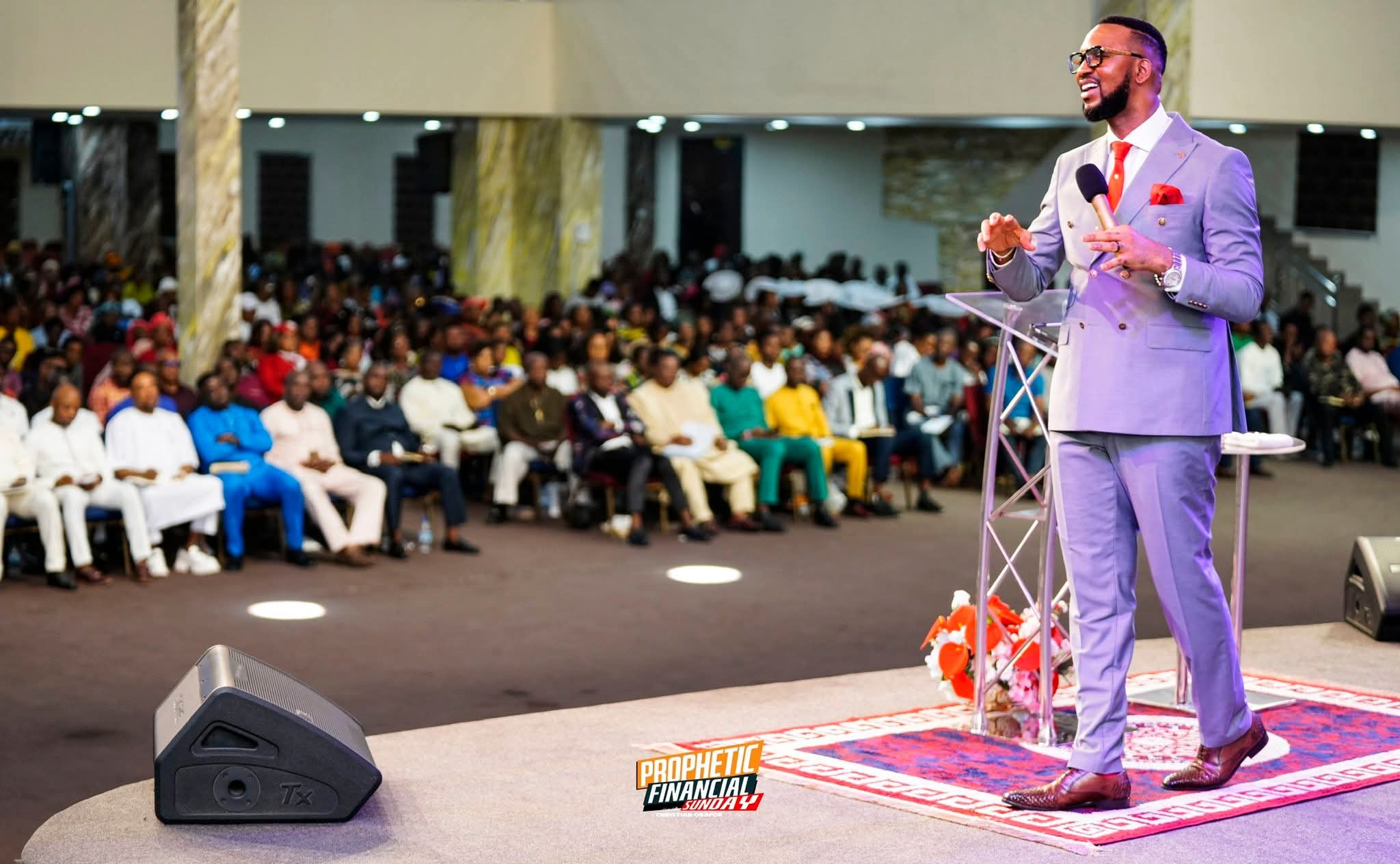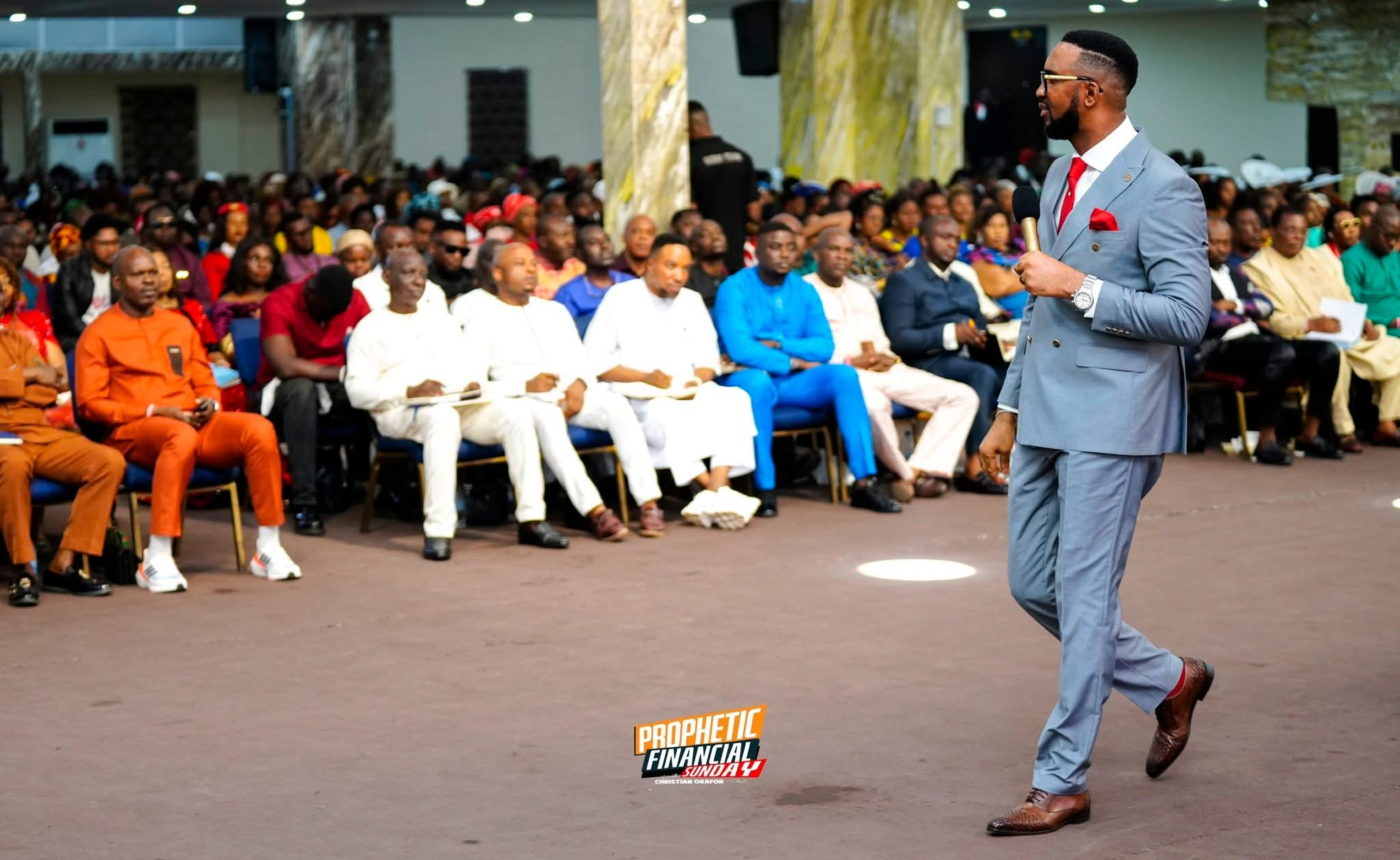celebrity radar - gossips
Ministerial Screening: Alleged Reasons SSS Has Not Cleared Nasir El-rufai
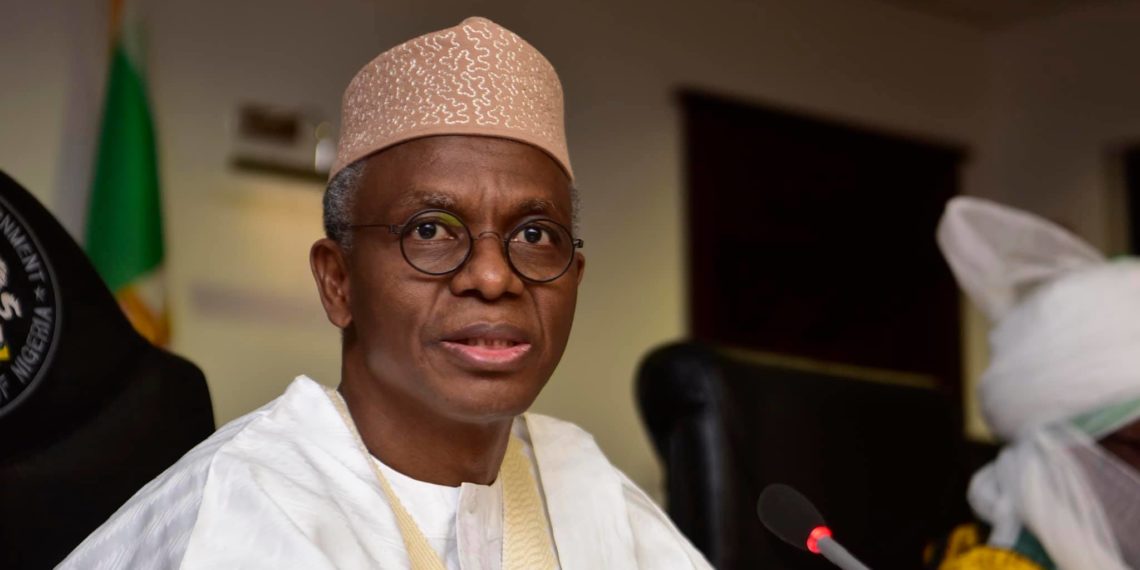
Ministerial Screening: Alleged Reasons SSS Has Not Cleared Nasir El-rufai
Allegations of human rights abuses, unguarded public utterances, and a purported flood of petitions are the issues advanced by the State Security Service (SSS) against the nomination of former Governor Nasir El-Rufai of Kaduna State, PREMIUM TIMES can authoritatively report.
The Senate on Monday confirmed 45 ministerial nominees after a week-long screening of 48 of them.
It withheld the confirmation of the three remaining nominees.
It was shocking for many Nigerians to find Mr. El-Rufai, an ally and one of the staunchest backers of President Bola Tinubu, among the three.
Mr El-Rufai is believed to enjoy the president’s confidence after they overcame their political differences before the 2023 presidential election. He demonstrated his warm relationship with the president by indicating during the screening exercise that Mr Tinubu invited him to work with him.
He was also among the pack of former governors on the list of nominees lavished with respect by senators during the screening exercise on 2 August. Senators fell over one another to speak in his favour. Some even discouraged their colleagues from asking him questions.
An attempt by the Kogi West senator, Sunday Karimi, to table a petition he said was of security concerns against him for deliberation was summarily shot down.
The President of the Senate, Godswill Akpabio, confirmed that the Senate received a series of petitions against some ministerial nominees, and not just Mr El-Rufai, but that such complaints would be referred to the president, who nominated them, and the relevant investigative bodies.
At the end of confirmation proceedings on Monday, Mr El-Rufai, who many thought had a smooth sail, was among just three nominees whose confirmations were withheld.
The two others were a former senator from Taraba, Sani Danladi, and a nominee from Delta State, Stella Okotete.
Mr Akpabio said their confirmations would await security clearance, which left many Nigerians wondering what the security issues could be with Mr El-Rufai’s nomination.
After speaking with different sources with direct knowledge of the security report on Mr El Rufai, PREMIUM TIMES is reporting for the first time the security concerns the SSS raised against him.
The sources, who asked not to be named because they are not permitted to discuss the sensitive matter publicly, said most of the allegations against the former governor were already known to the public.
PREMIUM TIMES cannot independently the allegations.
The issues include broad and specific allegations, including his widely reported controversial remarks and policies, according to sources with direct knowledge of the complaints by the SSS.
They are broadly categorised as human rights abuses, unguarded utterances and conduct, petitions, public trust abuse, and other sundry issues.
Our sources said the SSS did not confront Mr El-Rufai with these allegations.
Alleged unguarded statements
Allegation of “unguarded statements” is a major thrust of the SSS report on Mr El-Rufai, according to sources who shared their knowledge of the matter with this newspaper.
Mr El-Rufai is a vocal politician who has been a recurring feature in Nigeria’s political space in and out of government since 1999.
He occasionally courted controversies in the public offices he held in his decades-long run of political fortune.
He partly owes his political fame to controversial comments, some of which continue to dog him to date.
The latest was the comment he made while addressing a group of Muslim clerics in Kaduna after his party, the APC, was declared the winner of the governorship election in March.
In the comment, which generated an uproar, Mr El-Rufai said Muslims could rule Kaduna for a long period while also consistently doing justice to Christians.
The comment was widely criticised as divisive in a state where religious and ethnic tensions could quickly lead to bloody clashes.
Months before Mr El-Rufai’s latest comment, a former senator from the state, a political adversary, blamed the worrisome security situation of the state on the utterances of the former governor.
Citing Mr El-Rufai’s latest comment, the SSS, according to sources, said Mr El-Rufai’s public statements inflamed mistrust among the state’s citizens and, by extension, between Muslims and Christians in the country.
The security agency also pointed out Mr El-Rufai’s comment in the build-up to the 2019 general elections, when he said foreign election observers and agents of the international community trying to meddle in Nigeria’s elections would return in body bags.
The then governor, who was a governorship candidate seeking a second term at the time, would later clarify that he was only expressing Nigeria’s readiness to “defend itself against needless intervention” by external bodies, saying his comment “is the kind of statement you expect to hear from a patriot”.
The SSS said for that comment, Mr El-Rufai was barred from entering the US, a claim PREMIUM TIMES has yet to verify independently.
Our sources said the SSS also recalled a “blasphemy tweet” it said Mr El-Rufai posted in 2013. The agency said this generated uproar when he made the comment.
Alleged human rights abuses
Concerns were also raised about alleged human rights abuses by Mr El-Rufai while he was governor.
These include the case concerning the killing of the sons and followers of the Shiite leader, Ibraheem El-Zakzaky, in Zaria, Kaduna State, in 2015.
Over 300 followers of the leader of the Islamic Movement in Nigeria (IMN), known to be a body of Shiite Muslims in Nigeria, were killed in the attack by the Nigerian military, according to the report of an enquiry conducted by the Mr El-Rufai-led government of Kaduna State.
Although the military was directly responsible, the operation enjoyed the support of the state government.
Instead of holding the military accountable for the massacre of the Shiites, the government chose to prosecute Mr El-Zakzaky and his wife for the alleged murder of one soldier who was said to have been killed in a confrontation between the military and the Shiites in December 2015.
The case went on for years without the Kaduna State government being able to lead any tangible evidence. The Kaduna State High Court ended up dismissing the case in July 2021.
The El-Zakzaky case, according to the SSS, was reported to the International Criminal Court (ICC) and is being investigated by the United Nations human rights body.
Aside from the El-Zakzaky case, the SSS also accused Mr El-Rufai of having engaged in arbitrary arrests of political enemies and seizure of properties and wanton demolition of properties of perceived political enemies.
The agency also accused him of using force and intimidation to suppress protests, leading to extrajudicial killings of innocent citizens of the state.
Alleged financial misconduct
The SSS also alleged that Mr El-Rufai was facing a series of ongoing litigations for selling federal government assets, although no verifiable proof was provided.
Some other court cases, the SSS also claimed, involved Mr El-Rufai’s alleged embezzlement of public funds, abuse of trusts, allegedly involving the use of cronies, allies and family members for corrupt purposes during his time as head of the Bureau of Public Enterprises (BPE), Minister of the Federal Capital Territory (FCT), and governor of Kaduna State.
PREMIUM TIMES is not aware of pending charges against Mr El Rufai. The trial court dismissed the only widely known case against him similar to the allegations raised by the SSS in 2013.
But the SSS insists that one of such cases is still before a judge of the Federal High Court.
Petitions
Painting Mr El Rufai as the most controversial ministerial nominee, the SSS said his nomination attracted the most petitions and widespread rejections on both the mainstream and digital platforms. It added that aggrieved members of the society also took protests against him to the National Assembly during the screening exercise, sources said.
They added that before his nomination, several petitions weres filed against him. They also said cases were pending against him in different Nigerian and international courts, including the ECOWAS and the ICC. According to the SSS, the agency also listed some petitions filed against Mr El-Rufai, including one it said was sent to President Tinubu by the Islamic Human Rights Commission.
It also listed an ICC document acknowledging the court’s receipt of a petition requesting the investigation of Mr El-Rufai for acts of genocide and crimes against humanity.
The other cases listed by the SSS, the sources said, were a petition to the National Human Rights Commission and Amnesty International, another one sent to the ICC concerning an alleged forceful takeover of prime land in Kaduna despite court orders, and one other sent to the Kaduna State House of Assembly over the demolition of properties in the state.
Sundry issues against El-Rufai
There were other sundry issues the SSS raised against Mr El-Rufai.
These include an allegation that he once insulted Northern elders, whom the agency described as “a respected group of statesmen.”
The security report, sources also said, accused Mr El-Rufai of once describing Mr Tinubu as the most corrupt person and vowing that he would never deputise such a person with a tainted profile.
The agency also accused him of attempting to repeal Sharia law in Kaduna State in his dying days in office as Kaduna governor. This was said to be in his desperate bid to appease the Christian population in the state. According to sources, the SSS described the move as dangerous, with the possibility of triggering clashes in the state.
There are media reports quoting the speaker of the 9th Kaduna State House of Assembly, Yusuf Zailani, that members rejected a bill to scrap the Sharia and Customary Courts in the state. But a member of the House of Assembly, Yusuf Salihu, would later deny the claim.
In what appears to be political profiling, the SSS also accused the former governor of backstabbing his former bosses. Without providing verifiable details, the agency said he backstabbed former President Olusegun Obasanjo, Vice President Atiku Abubakar (who is said to have brought him into the Obasanjo administration), and the immediate-past President Muhammadu Buhari.
The agency also accused Mr El-Rufai of inconsistent character, citing his previous claim of being too old to serve as a minister and his later decision to accept Mr Tinubu’s nomination to serve in that capacity.
The agency also cited “anti-people policies” that allegedly destroyed people’s livelihoods in Kaduna State as evidence that he is unfit to hold office as minister. Such alleged anti-people actions attributed to the former governor included:
• Market demolitions without compensation or alternatives.
• Eviction and demolition of longstanding low-cost houses.
• The sacking of thousands of civil servants and removal of traditional rulers “without due process”.
In the letter to the Senate, the SSS did not attach evidence substantiating these allegations. It said investigations were still ongoing.
When contacted, Muyiwa Adekeye, the media adviser to Mr El-Rufai, declined to comment for this story.
celebrity radar - gossips
Kingdom Advancement: God Does Not Confirm Lies or Gossip — He Confirms His Word .” — Dr. Chris Okafor

Kingdom Advancement: God Does Not Confirm Lies or Gossip—He Confirms His Word
“When Doing Business with God,
People’s Opinions Do Not Count.”
— Dr. Christian Okafor
The greatest investment any Christian can make is partnering with God. According to the Generational Prophet of God and Senior Pastor of Grace Nation Global, Christopher Okafor, when a believer commits to serving and advancing God’s kingdom, no barrier, lie, gossip, or blackmail can prevail against them.
This message was delivered during the Prophetic Financial Sunday Service held on February 15, 2026, at the international headquarters of Grace Nation Worldwide in Ojodu Berger, Lagos, Nigeria.
Doing Business with God
Teaching on the theme “Kingdom Advancement” with the subtitle “Doing Business with God,” Dr. Okafor emphasized that when a believer enters into covenant partnership with God, divine backing becomes inevitable.
“God is still in the business of covenant,” he declared. “When you make a covenant with Him, He honors the terms. When you win souls into the kingdom and remain committed to His work, He rewards you with what you could never achieve by your own strength.”
The Man of God stressed that God does not confirm lies, gossip, or negative narratives—He confirms His Word. Therefore, anyone genuinely committed to kingdom business should not be distracted by public opinion.
“No matter the blackmail or falsehood circulating around you, if you are focused on God’s assignment, those attacks will only strengthen you,” he stated.
He further noted that a believer’s understanding of God’s covenant determines their experience. “Your mentality about God’s covenant becomes your reality. When you truly know the God you serve, no devil can move you.”
Biblical Examples of Kingdom Partnership
Dr. Okafor cited several biblical figures who prospered through their partnership with God:
Abel
Abel served God with sincerity and offered his very best. His sacrifice pleased God, demonstrating that when a master is honored, he responds with favor.
David
David’s heart was fully devoted to God, and in return, God’s presence and favor rested upon him throughout his life.
Hannah
Hannah made a covenant with God, promising that if He blessed her with a child, she would dedicate him to His service. After fulfilling her vow, God rewarded her abundantly, blessing her with additional children.
Peter
Peter, a professional fisherman, surrendered his boat at Jesus’ request for kingdom work. Through that act of partnership and obedience, he experienced supernatural provision and divine elevation.
Conclusion
In closing, Dr. Okafor emphasized that one’s approach to God’s covenant determines the level of success and prosperity experienced. Commitment to kingdom advancement secures divine confirmation and supernatural results.
The Prophetic Financial Sunday Service was marked by prophetic declarations, deliverance, healings, miracles, restoration, and solutions to diverse cases presented before Elohim.
celebrity radar - gossips
At 55, Omoyele Sowore Remains a Defiant Voice of Conscience
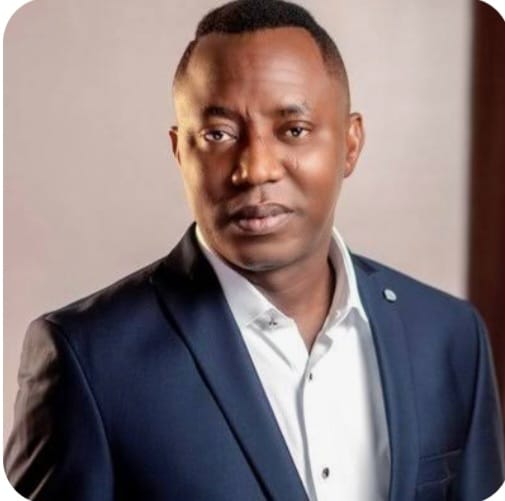
At 55, Omoyele Sowore Remains a Defiant Voice of Conscience
By George Omagbemi Sylvester | Published by SaharaWeeklyNG
“SaharaWeeklyNG Management and Staff Salute a Relentless Campaigner for Justice and Democratic Accountability.”
As activist, journalist and politician Omoyele Sowore marks his 55th birthday, the management and staff of SaharaWeeklyNG join millions of Nigerians at home and in the diaspora to celebrate a man widely regarded as one of the most persistent and fearless voices for democratic accountability in modern Nigeria.
Born on February 16, 1971, in Ondo State, Sowore rose from student activism at the University of Lagos to become one of the country’s most recognisable pro-democracy figures. His early involvement in the student movement during the military era of the 1990s placed him at the forefront of protests against dictatorship and repression, a role that would shape the course of his life and career.
He later founded Sahara Reporters in 2006, an online investigative platform that quickly gained prominence for exposing corruption, abuse of power and human rights violations. Operating initially from the United States, the outlet became a symbol of citizen journalism and digital activism, publishing stories often ignored or suppressed by mainstream media. Over the years, the platform has reported on high-level corruption cases, electoral malpractices and security failures, earning both praise and fierce criticism from political authorities.
Sowore’s activism took a dramatic turn in 2019 when he contested Nigeria’s presidential election under the African Action Congress (AAC). Although he did not win, the campaign amplified his calls for systemic reform. Months later, he launched the #RevolutionNow movement, a nationwide protest demanding an end to corruption, economic hardship and insecurity.
In August 2019, he was arrested by Nigeria’s Department of State Services (DSS) on charges of treasonable felony. His detention, which lasted several months despite court orders for his release, sparked international condemnation from human rights groups, civil society organisations and foreign observers. The case turned him into a global symbol of resistance against state repression.
Over the years, Sowore has faced multiple arrests, court trials and travel restrictions. Yet he has remained resolute, insisting that his activism is rooted in the constitutional right to freedom of expression and peaceful assembly. Supporters describe him as a principled crusader against injustice, while critics accuse him of political extremism. Regardless of the perspective, his impact on Nigeria’s political discourse is undeniable.
His life’s work echoes the enduring words of Nelson Mandela, who once said, “Freedom is not merely to cast off one’s chains, but to live in a way that respects and enhances the freedom of others.” For many of Sowore’s followers, his sacrifices represent precisely that spirit, an unyielding struggle for a more accountable and equitable society.
Similarly, the philosophy of Martin Luther King Jr. (that “injustice anywhere is a threat to justice everywhere”) resonates deeply with the trajectory of Sowore’s activism. Whether confronting police brutality, electoral irregularities or economic injustice, he has consistently framed his struggle as one for the collective dignity of Nigerians.
Nigerian Nobel laureate Wole Soyinka once observed that “the man dies in all who keep silent in the face of tyranny.” That sentiment captures the essence of Sowore’s public life. For over three decades, he has refused silence, even when it meant imprisonment, harassment and personal sacrifice.
At 55, Sowore’s journey is far from over. He remains active in political advocacy, civil rights campaigns and public commentary, continuing to challenge what he describes as systemic failures in governance and leadership. His career reflects both the promise and the peril of dissent in a fragile democracy; where the line between patriotism and confrontation is often fiercely contested.
On this milestone birthday, SaharaWeeklyNG management and staff recognise Sowore not merely as an individual, but as a symbol of the enduring struggle for transparency, justice, and democratic renewal. His story is one of conviction under pressure, a reminder that the quest for a better society often demands courage, resilience and a willingness to stand alone.
As Nigeria navigates its complex political and economic realities, figures like Sowore continue to shape the national conversation. Whether praised or criticised, his voice remains a constant in the country’s democratic journey; loud, uncompromising and impossible to ignore.
celebrity radar - gossips
Banwo Accuses Alex Otti Administration of Governance by Propaganda
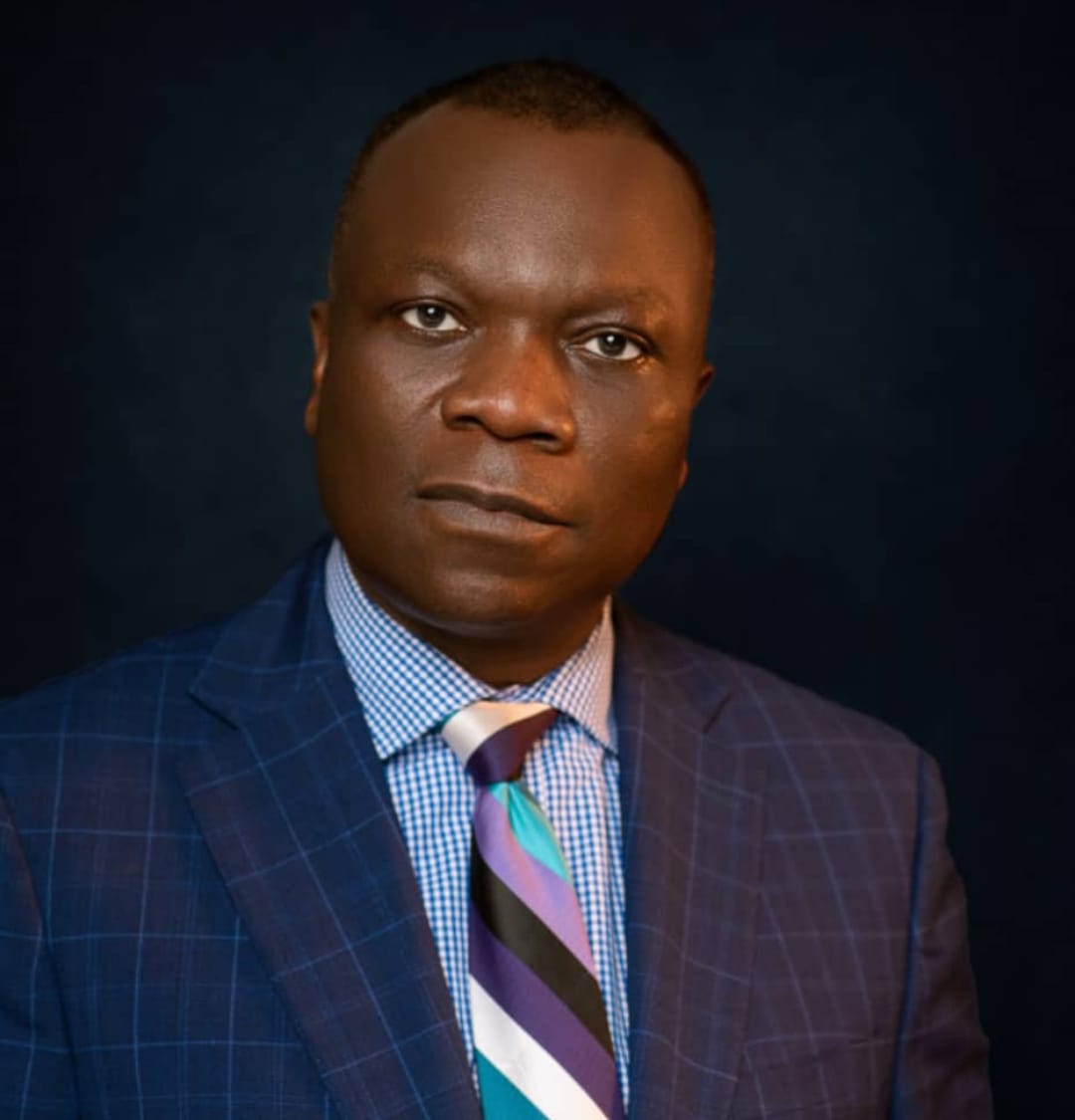
Banwo Accuses Alex Otti Administration of Governance by Propaganda
Public commentator and lawyer Dr. Ope Banwo has criticised the Abia State Government under Governor Alex Otti, accusing the administration of running what he described as a “propaganda-driven government” built on exaggerated claims and selective messaging rather than measurable governance outcomes.
In a detailed commentary, Banwo argued that while Abia State has recorded some progress in specific sectors, the government’s media machinery has inflated limited achievements into what he called “statewide miracles,” creating a disconnect between online narratives and lived realities.
Banwo, who said he initially viewed Governor Otti as a symbol of hope following the 2023 elections, noted that his concerns emerged after engaging residents and professionals living in Abia to verify widely circulated claims about infrastructure, power supply, healthcare, and transportation.
Central to Banwo’s critique is the portrayal of Abia as a state with uninterrupted electricity. He acknowledged the existence of the Aba ring-fenced power arrangement involving Aba Power and Geometric Power but argued that the arrangement has been misrepresented as statewide energy independence.
According to him, extending the Aba power project to represent the entire state amounts to misinformation, especially given acknowledged outages and the limited geographical coverage of the scheme.
He further questioned claims that Abia was the first state to assume intrastate electricity regulation, stating that other states, including Lagos State, had taken similar steps earlier.
Banwo also raised concerns over viral claims suggesting that biogas facilities are already powering Abia communities, arguing that pilot projects have been prematurely presented as fully operational infrastructure.
He noted that residents he spoke with were largely unaware of any functional biogas-powered communities, stressing that government announcements should be backed by publicly available data on scale, output, and sustainability.
On healthcare, the founder of Naija Lives Matters (NLM) questioned reports that Abia offers free medical care to all citizens above 60 years of age for life, describing the claim as unverified and unsupported by legislation, budgetary provisions, or formal policy documents.
Similarly, he criticised claims suggesting that electric vehicles operate widely across the state and that all roads have been tarred, describing such assertions as exaggerated and misleading.
The self-acclaimed Mayor of Fadeyi argued that the core issue is not the absence of development but what he described as a governance style driven by social media optics rather than transparent performance metrics.
He warned that excessive reliance on viral content, influencers, and unverified claims risks eroding public trust and undermining accountability, noting that effective governance requires data, timelines, and measurable outcomes.
“A serious government does not need to exaggerate results,” Banwo said, adding that citizens require reliable services, not slogans.
He also advised the Abia government to avoid constant comparisons with states like Lagos and its governor, Babajide Sanwo-Olu, urging the administration to focus instead on publishing verifiable performance records.
Banwo challenged the Otti administration to release clear documentation supporting its claims, including power coverage maps, healthcare policy instruments, infrastructure project lists, and implementation timelines.
He concluded that while Abia State has not “collapsed,” the growing gap between online narratives and on-ground realities could become more damaging than infrastructural deficits if left unaddressed.
-

 celebrity radar - gossips6 months ago
celebrity radar - gossips6 months agoWhy Babangida’s Hilltop Home Became Nigeria’s Political “Mecca”
-

 society6 months ago
society6 months agoPower is a Loan, Not a Possession: The Sacred Duty of Planting People
-

 society5 months ago
society5 months agoReligion: Africa’s Oldest Weapon of Enslavement and the Forgotten Truth
-

 news6 months ago
news6 months agoTHE APPOINTMENT OF WASIU AYINDE BY THE FEDERAL GOVERNMENT AS AN AMBASSADOR SOUNDS EMBARRASSING

